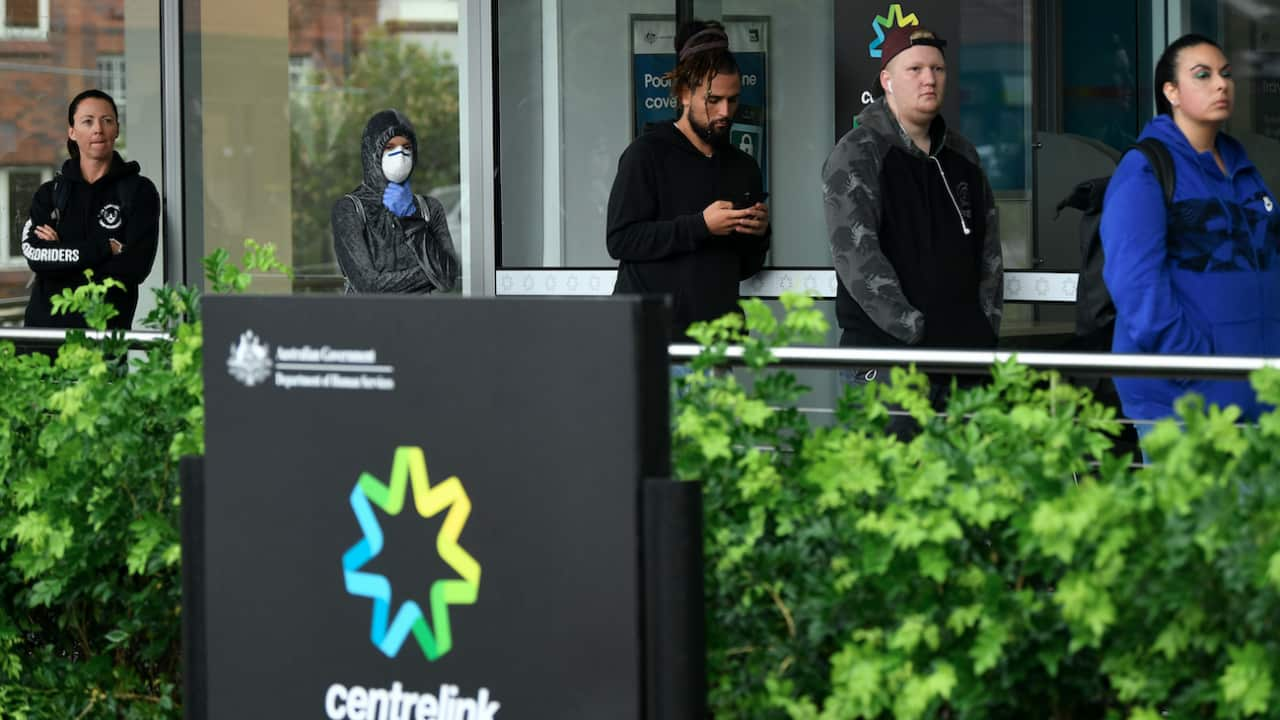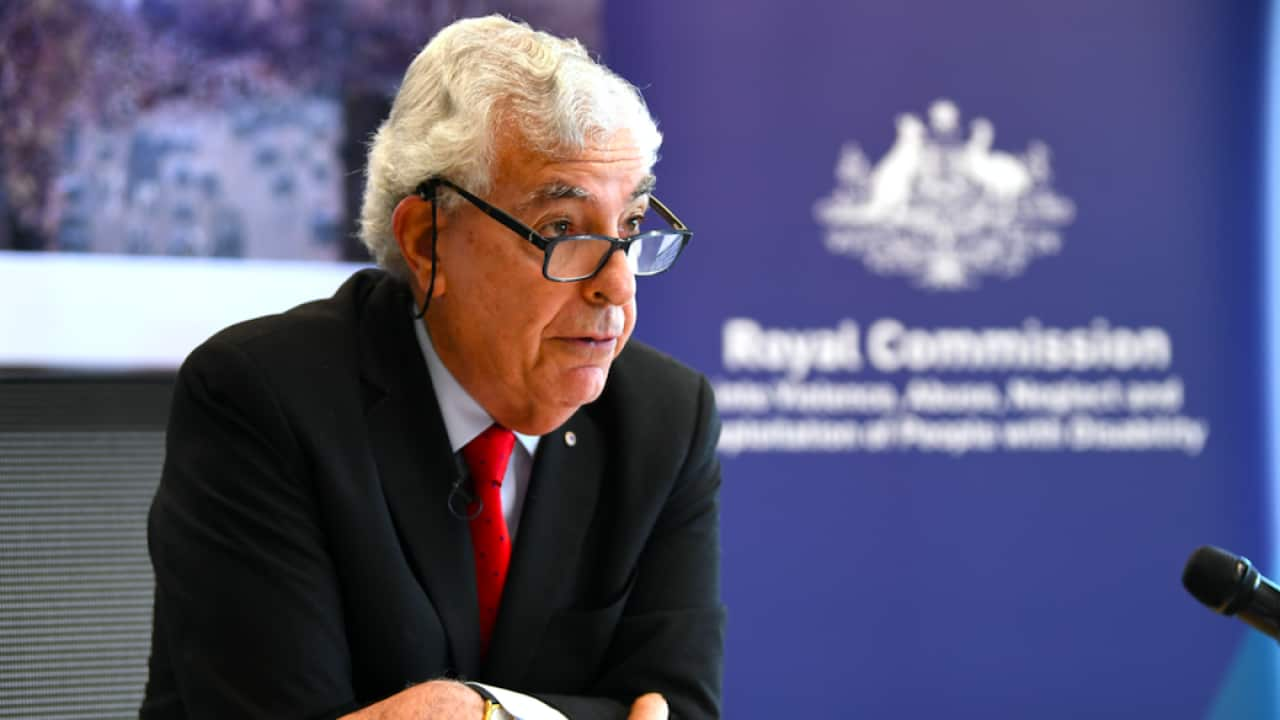The government should review the eligibility and medical evidence requirements for the Disability Support Pension (DSP) and abandon the “punitive compliance measures” placed on applicants.
Those are among the recommendations made by a Senate committee that has been looking into the purpose, intent and adequacy of the DSP, and which handed down its final report on Friday.
The committee also said it was concerned about the "overwhelming evidence" the DSP amount was inadequate and that people relying solely on the payment "", but did not recommend it be increased.
is the culmination of a months-long inquiry that received more than 130 written submissions and held hours of public hearings.
It heard a raft of long-held concerns about the administration of the payment, including that people have to "jump through hoops" during the application process and that it has been made intentionally difficult to navigate.
Claims for the DSP have been rejected at much higher rates than other government payments in the past few years, with .
The inquiry also heard concerns about applicants being , that , that unsuccessful claimants are being forced to drain their superannuation to survive financially, and that government departments don’t understand the complex nature of disability.
Currently, the DSP provides up to $882.20 per fortnight to a single person without children if “a permanent physical, intellectual or psychiatric impairment” prevents them from working more than 15 hours each week.
Applicants are assessed against a series of impairment tables measuring their capacity to work and they must gather pages of medical evidence, which can be onerous and costly, to prove their condition is “fully diagnosed, treated and stabilised”.
The Senate committee recommended the government investigate how the “fully diagnosed” requirement could be modified and undertake an “in-depth, clinical” review of the impairment tables.
The committee also said the government should “abandon punitive compliance measures and ensure that the employment services system provides genuine support to disabled job seekers with complex needs”.
It said it was concerned employment programs and services are ineffective, under-resourced, and "preoccupied with compliance rather than meaningful outcomes".
The 30 recommendations to the government and its agencies also included:
- providing more funding to advocacy groups and community legal services, including those supporting First Nations applicants
- reviewing publicly available material and the claim forms to make them simpler and clearer
- improving the level of information provided to applicants when claims are rejected
- ensuring the DSP is responsive to those experiencing family and domestic violence
- aligning the payment closer to the social model of disability, rather than the medical model
- investigating ways to better support people on the DSP at risk of poverty
- establishing overall principles in the administration of social security, including proactively assisting people to access the support they’re eligible for, treating them with respect, and making adjustments to service delivery on an individual basis.
'Deep and systemic problems'
Committee chairwoman, Greens Senator Janet Rice, said the report provided a blueprint for reform to make the DSP “genuinely accessible”.
“Evidence provided to the committee showed the deep and systemic problems with the DSP that have made the payment inaccessible for so many people that need it,” she said in a statement.
“The fundamental failure of the current system has meant thousands of people are forced to wait in limbo on the inadequate rate of JobSeeker, facing arbitrary hurdles, unfair requirements, and murky information.
“Thousands of Australians are currently living in poverty waiting to access a payment that is appropriate for their circumstances. And even for those who are on the DSP, the evidence shows the rate of the payment is still inadequate to meet people's needs.”
The government’s representatives on the committee, Wendy Askew and Hollie Hughes, wrote in the final report they supported the consideration of making “practical improvements” to the DSP.
They said the Department of Social Services was undertaking a review of the impairment tables, the start of which was delayed by the COVID-19 pandemic.
“To date, significant work has been undertaken in consultation with stakeholders and people with disability. It is important to note that the deferral will also provide the opportunity for this committee’s report into the purpose, intent, and adequacy of the DSP to be considered in the impairment table review, where relevant,” they wrote.
The coalition senators said work was also underway on “a variety of communication products” to help people better understand eligibility rules and why a claim was rejected, and the Disability Employment Services program.
The government has, in recent years, warned about “unsustainable” increases in spending on the DSP and National Disability Insurance Scheme, something which some disability advocates say has been aimed at gaining public support for a series of reforms.
Senators Askew and Hughes wrote in the report the government was “strongly committed to the integrity and sustainability of the income support system as a safety net for people who need it most”.
“Public expenditure on programs associated with social security and welfare, including the DSP, are set in the context of a need for fiscal sustainability and the impact of such programs on the budget. As a result, increases in the level of support provided by the government would have to be funded through an increase in taxation revenue or a reduction in spending on other programs.”
Government expenditure on the DSP was just over $18 billion over 2020-21.
As of 2018, around 750,000 Australians were receiving the DSP, down from around 830,000 in 2014.












